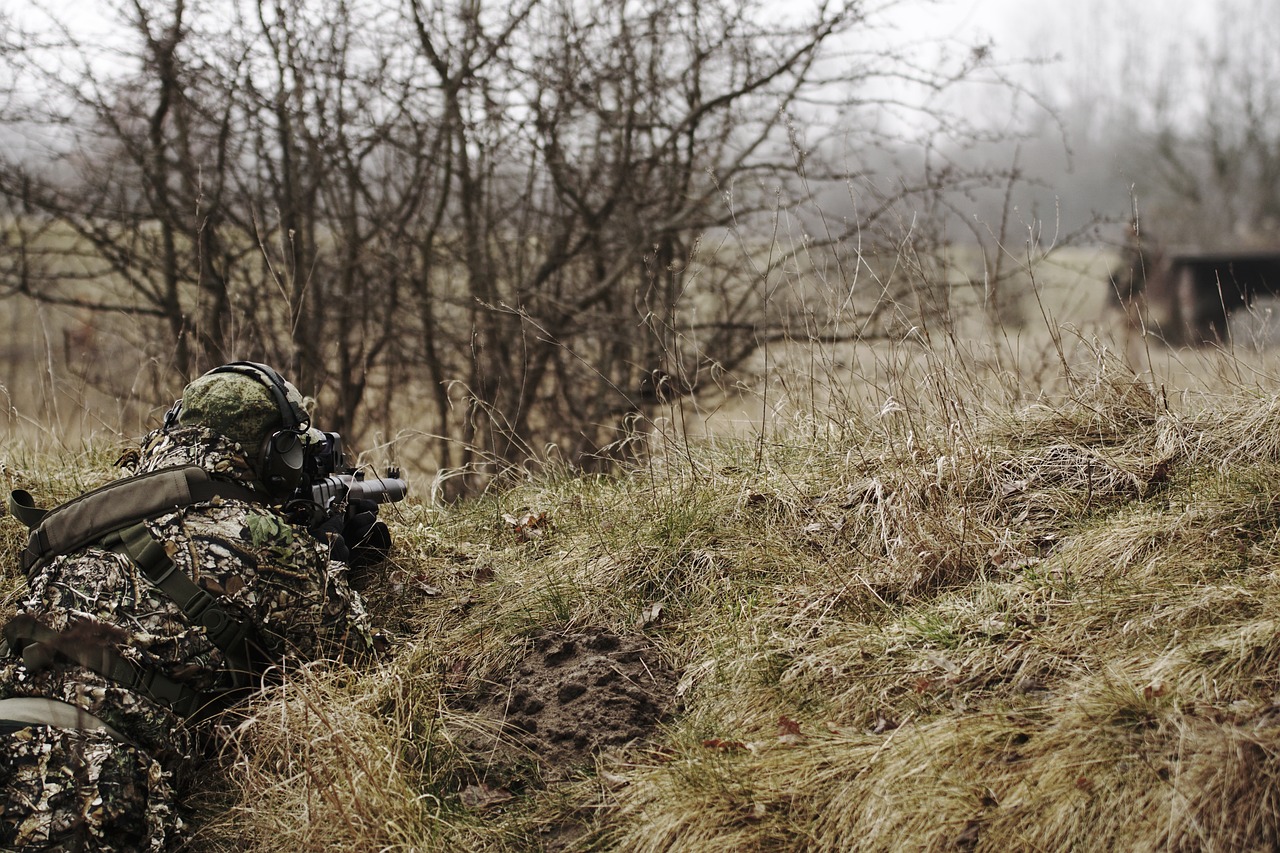Tactical training centers, often misunderstood, play a vital role in preparing law enforcement, military personnel, and civilians for challenging situations. These centers are not merely places for combat simulation but hubs for skill development, safety education, and community engagement. 88 Tactical, which derives its name from a law enforcement code signaling safety, delves deeper into the real values these centers offer.
Building Skills, Ensuring Safety
Tactical training centers are dedicated to developing crucial skills for law enforcement, military personnel, and civilians, focusing on firearm handling, situational awareness, and decision-making under pressure. These centers provide a controlled and safe environment for individuals to practice and improve their abilities. They instill a sense of responsibility and caution by emphasizing safety protocols and proper techniques. Participants learn how to use firearms effectively and when to use them, promoting a culture of responsible gun ownership. These centers play a vital role in enhancing skills while prioritizing safety.
Professional Development And Career Enhancement
For professionals in law enforcement and the military, tactical training centers are essential for maintaining proficiency and staying updated with the latest tactics and technologies. Regular training sessions allow officers to hone their skills and improve their effectiveness in the field. Additionally, civilians interested in pursuing security or law enforcement careers can benefit greatly from the training and education offered at these centers. By providing opportunities for career advancement and skill development, these centers contribute to the overall professionalism of the industry. In essence, tactical training centers are not just places for training; they are catalysts for career growth and enhancement.
Community Engagement And Education
Tactical training centers often organize community events and educational programs to engage with the public and improve understanding between law enforcement and civilians. These events include safety seminars, open houses, and charity fundraisers, which help build trust and positive relationships. These centers demystify law enforcement practices and promote transparency by opening their doors to the community. Additionally, educational programs offered at these centers help civilians understand the challenges law enforcement faces and the importance of their work. Overall, these initiatives foster a sense of community and mutual respect.
Encouraging Responsible Gun Ownership
One of the primary goals of tactical training centers is to promote responsible gun ownership through education and training. Participants learn about firearm safety, storage, and proper handling techniques, reducing the risk of accidents. By emphasizing the importance of responsible gun ownership, these centers help create a safer environment for everyone. Additionally, participants are taught the legal and ethical aspects of firearm use, ensuring they understand the consequences of their actions. Through these efforts, tactical training centers play a crucial role in promoting responsible gun culture.
Fostering Teamwork And Leadership
In addition to individual skills, tactical training centers emphasize the importance of teamwork and leadership in high-pressure situations. Participants learn to communicate effectively, make coordinated decisions, and support each other in challenging scenarios. These skills are valuable in tactical situations and everyday life, improving interpersonal relationships and professional development. By fostering teamwork and leadership qualities, these centers help individuals become more effective and efficient. Overall, emphasizing teamwork and leadership contributes to a more cohesive and capable community.
Promoting Mental And Physical Fitness
Physical fitness is a cornerstone of tactical training, as participants must be in top physical condition to perform at their best. Training sessions often include rigorous physical exercises and drills to improve strength, endurance, and agility. Additionally, mental fitness is emphasized, teaching individuals to stay focused and alert under pressure. Participants learn techniques to manage stress and maintain mental clarity, essential skills for high-stress situations. By promoting mental and physical fitness, tactical training centers help individuals develop the resilience needed to overcome challenges in all aspects of life.
Conclusion
Tactical training centers play a multifaceted role in society, offering much more than combat simulation. They are centers for skill development, safety education, and community engagement. By debunking myths and understanding their real values, we can appreciate the importance of these centers in preparing individuals for challenging situations and promoting safety and responsibility.


